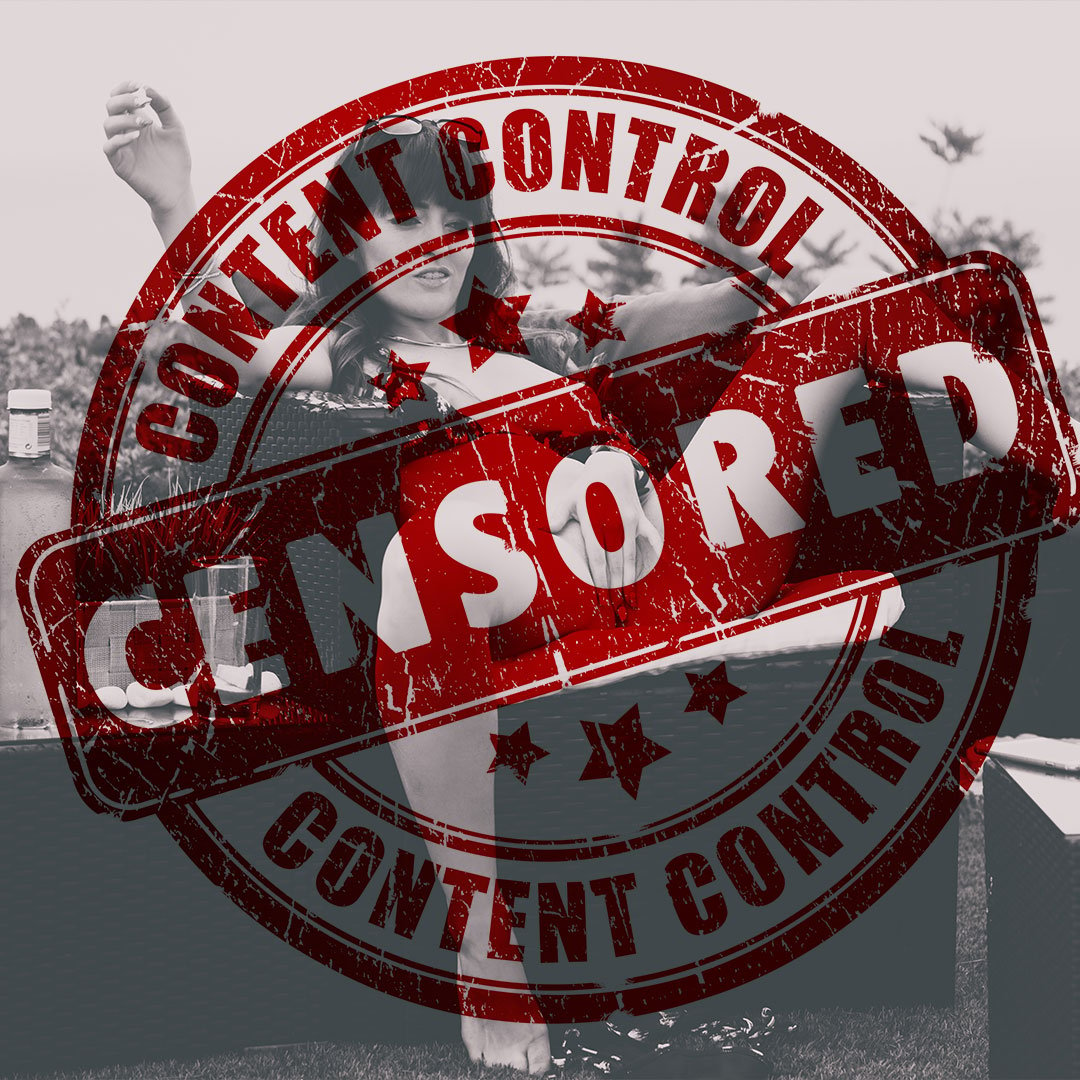The West has a very long history of censoring sex. In 1580 for example, English politician William Lambarde drafted the first bill to ban “licentious” and “hurtful… books, pamphlets, ditties, songs, and other works that promote the art of “lascivious ungodly love”. 440 years later and the struggle between freedom of expression and government censorship shows no sign of letting up. The battleground is now the internet and the fight is on to purge the digital world of “lascivious ungodly love”.
In 2020, the UK’s proposed ‘Digital Economy Act’ ground to a halt after being found to be unworkable. The Act intended to enforce age verification to access any content deemed to be of an adult nature. This originally meant that adults would have to enter credit card details into any online site that carries ‘pornographic material’ or buy a special ‘porn pass’ to prove their age. After two years of stalling and hundreds of thousands of pounds tech companies invested in creating the necessary software, the government announced the Digital Economy Act would not be put into practice.
In America, the 2018 Fight Online Sex Trafficking Act (FOSTA) and the Stop Enabling Sex-Trafficking Act (SESTA) were successfully passed into law. FOSTA makes posting or hosting online prostitution adverts a federal crime and SESTA will make websites directly responsible for third party content, the theory being that victims of sexual exploitation can sue websites for any role they played in facilitating their abuse. And because we can all agree that children shouldn’t be watching porn films, and that sex trafficking is awful, these Acts have been waved through with little thought to the wider consequences.
In response, social media platforms, such as Instagram, Facebook, Youtube, Skype, Reddit, and Tumblr are now cracking down heavily on any and all ‘adult content’. Google upgraded its algorithm to block any searches with words like ‘porn’ in them. Craigslist removed the personals section in the United States entirely, Google has accelerated removing sex work-related videos on Google drive, Reddit has removed all sex work-related forums, as did the Erotic Review, and Microsoft banned ‘offensive’ language and nudity from Skype.
The impact of these acts has been dramatic. Sex workers can no longer advertise on many online platforms. But forcing sex workers out of an online space does not force them out of sex work – it only makes them more vulnerable. Sex workers do not just use the internet to advertise their services. They use it to stay safe. Advertising online allows sex workers to screen their clients before meeting them. It allows people to work indoors and independently. Sex workers are now being forced back on to the streets to make their money.
When these Acts were brought in, the sex worker community warned that this kind of online censorship and silencing of those who work in any area of sexuality was just the beginning. And they were right.
Spooked by the threat of legal action, the clampdown on social media and online censorship has also resulted in sex educators, artists, health professionals, activists, etc., having their social media accounts deleted. Platforms like Instagram ‘shadowban’ accounts that it feels are ‘sexually suggestive’, which means the account is active, but won’t turn up in searches and only followers can view the account’s post. It has become such an issue that the Adult Performers Actors Guild are now organising against Instagram for unfair discrimination and online censorship of over 1000 adult performers who have had their accounts deleted, despite following the ‘rules’. In June 2019, Dozens of adult performers picketed outside of Instagram’s Silicon Valley headquarters over guidelines about photos containing nudity.
I am a sex historian and post regularly post-historical titbits on Twitter and Instagram as @WhoresofYore and have had both accounts shadowbanned. Both Instagram and Twitter strongly deny they shadowban, but as someone who has been on the social media naughty-step, I beg to differ. When you are on a shadowban, user engagement drops significantly. People no longer respond to you. You’re just shouting into the digital void. The closest either company has come to admitting they do shadowban is acknowledging that a dodgy algorithm led to hundreds of thousands of accounts not showing up in searches. After much complaining, the rogue algorithm was fixed and suddenly my engagements shot up again.
I have also been suspended because of ‘inappropriate content’ from both platforms. Thankfully, I was able to successfully appeal on both occasions. But, I am one of the lucky ones. Algorithms for Instagram and Facebook regularly block sex education accounts such as @thesexed, @erikalust @makelovenotporn @wevibe @BetonyVernon @MissVChicago. Indeed Frolicme has also been deleted with no warning from Instagram with 70k followers left in the lurch – having to start all over again with a new handle @frolicme_official. Others like @SlutsScholars were recently removed from Apple podcasts, despite being entirely educational in nature.
I don’t mind telling you that it is a tense few days until you know if you’re going to be allowed out of Twitter jail. When people use their social media accounts to promote their work and build their brand, it’s not hard to see how damaging it can be to suddenly find yourself deleted.
But will any of this work? Will blocking any and all sex-related content from social media make children any safer or sexual exploitation any less likely? Well, no. These acts of online censorship will not stop trafficking or abolish consenting sex work, but it will mean that polite society gets to pretend it’s not happening, because sex workers aren’t on Reddit anymore. But this out of sight out of mind mentality will have a very real human cost. Not just of the trafficking victims who will be hidden in the dark net and underground gangs, but to the safety of those who chose sex work and use the internet to screen clients. Looking the other way will costs lives.
The proposed online censorship is unworkable and many sites containing nudity are being caught in the crossfire. If we want to keep our children ‘safe’ from online pornography, we need to do something we aren’t very good at doing; we need to talk openly and honestly about sex and porn.
Sex trafficking and sexual abuse must be tackled head-on and every effort made to stamp it out. But, this will only be achieved by working with those in the sex industry, not by pushing those in need further away from help and forcing consenting sex work underground. It’s a lesson from history that seems to be taking a painfully long time to learn.



